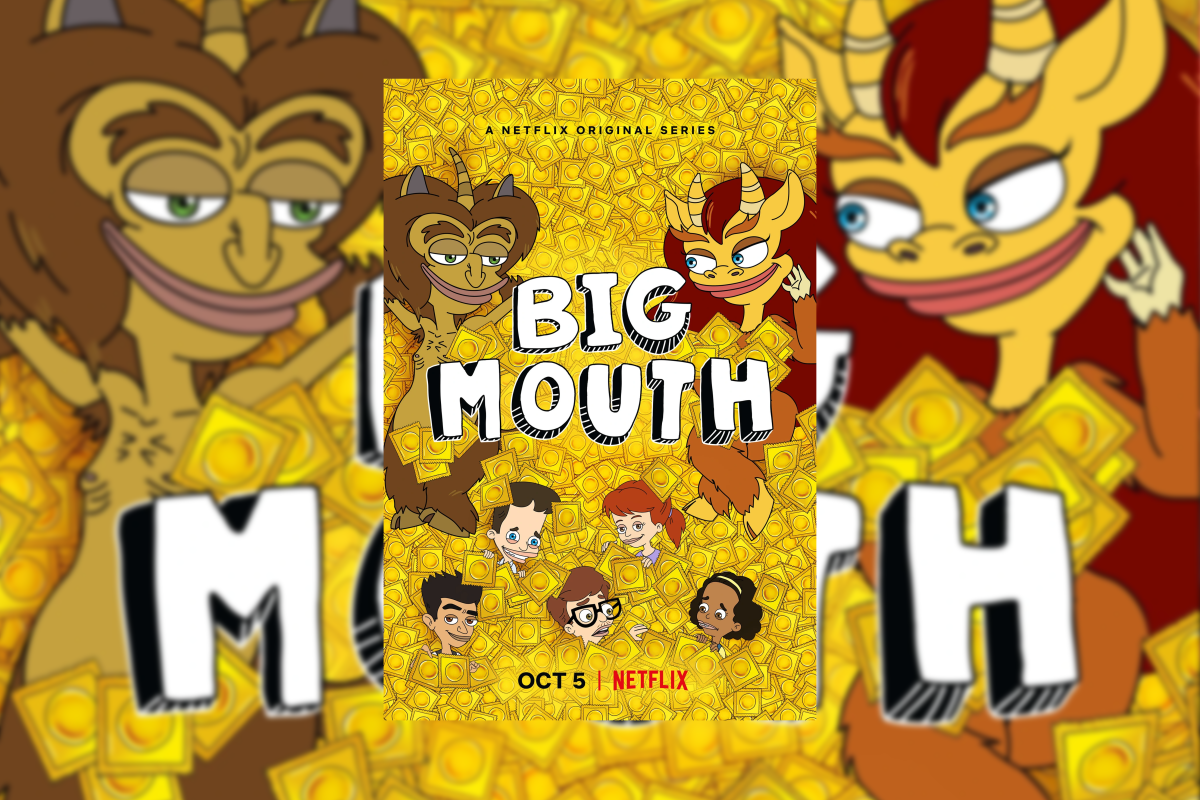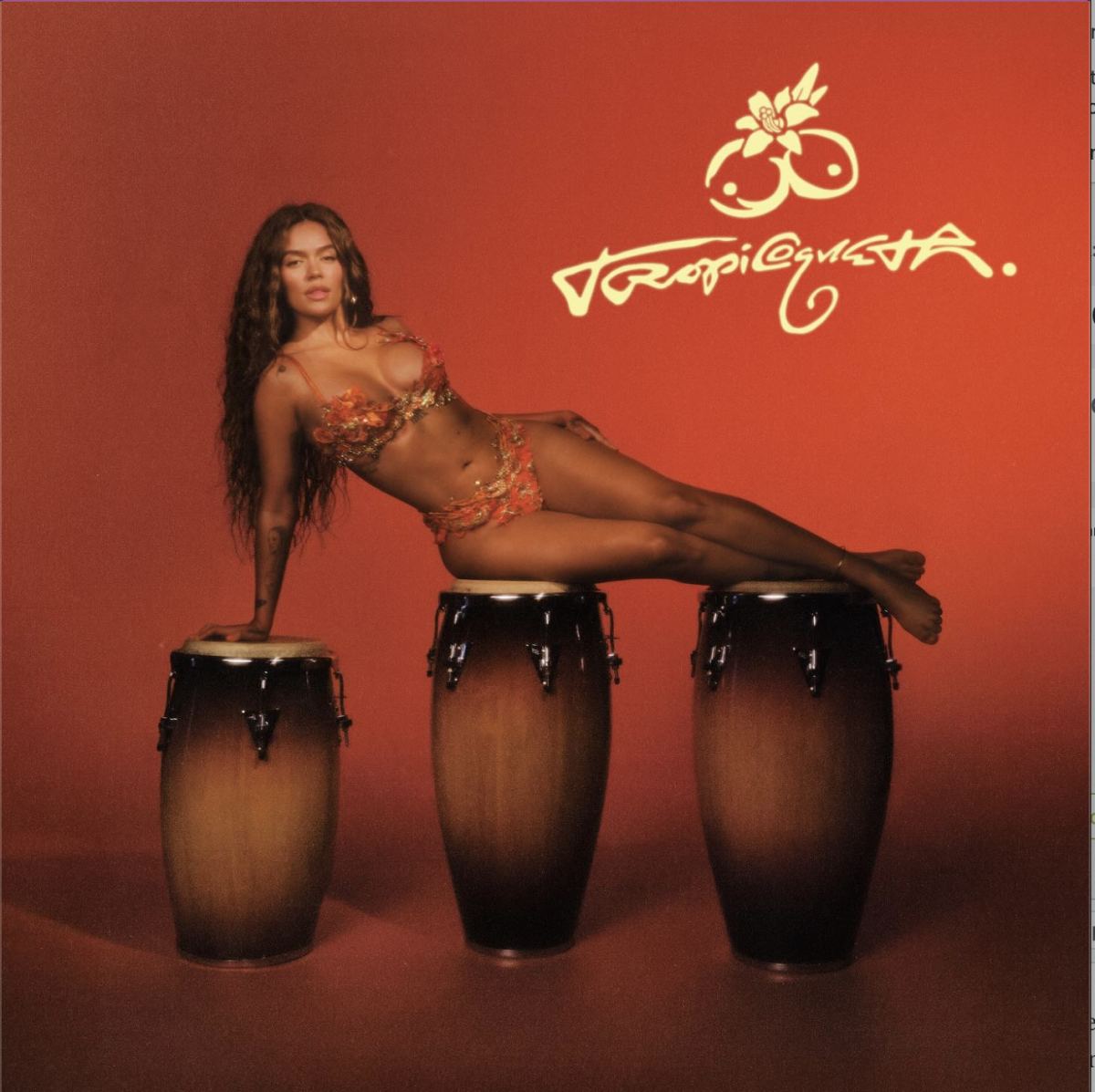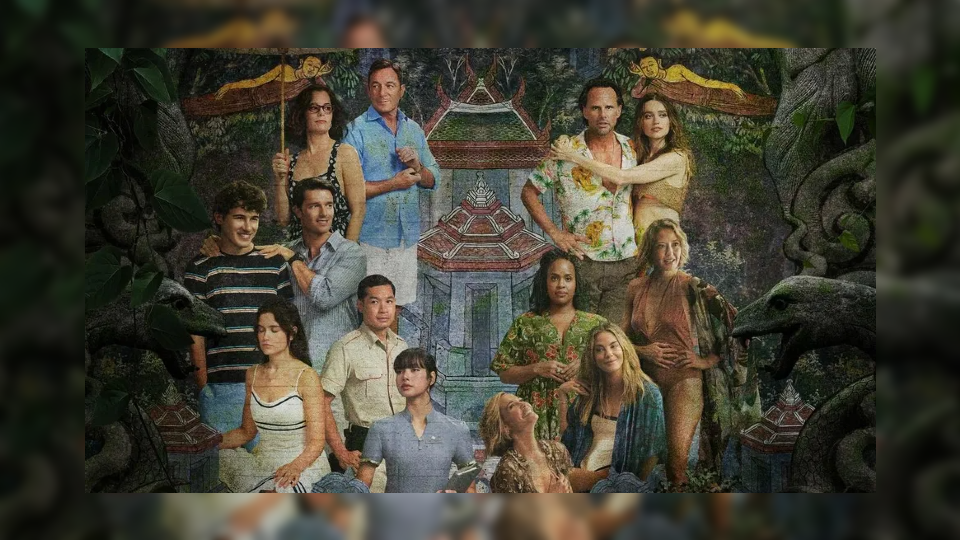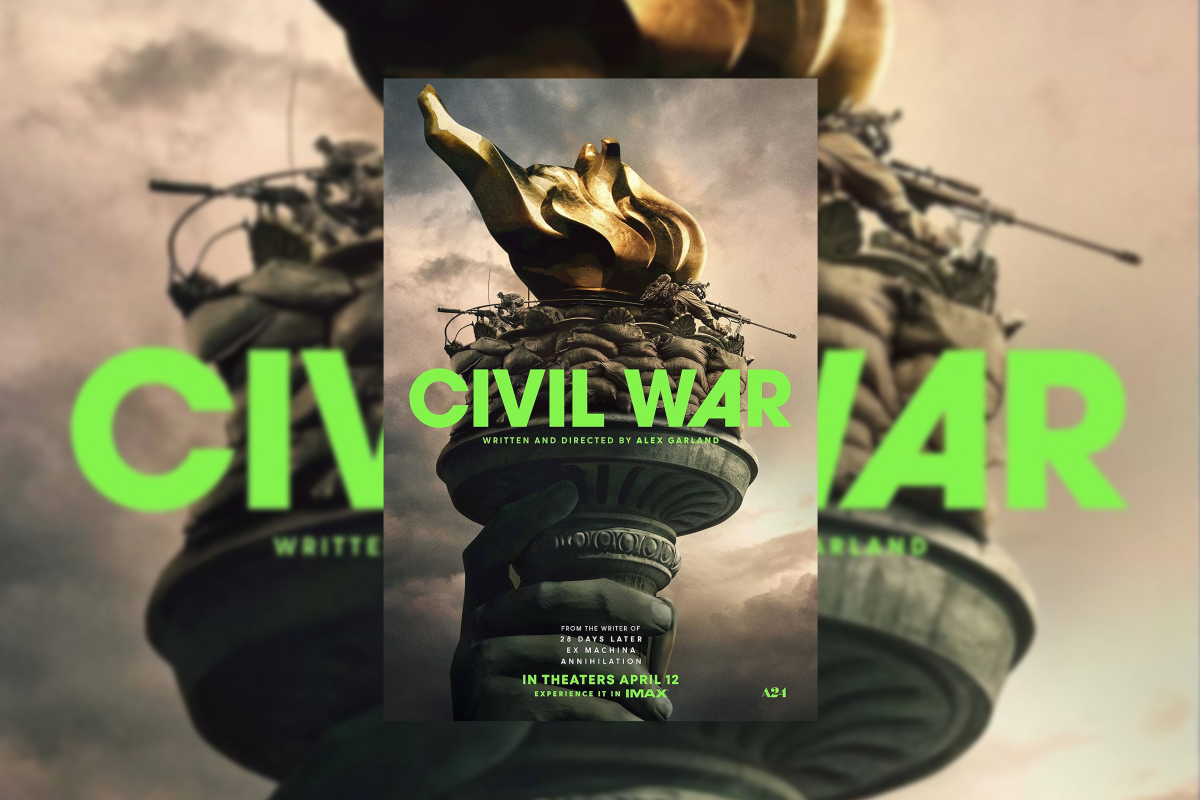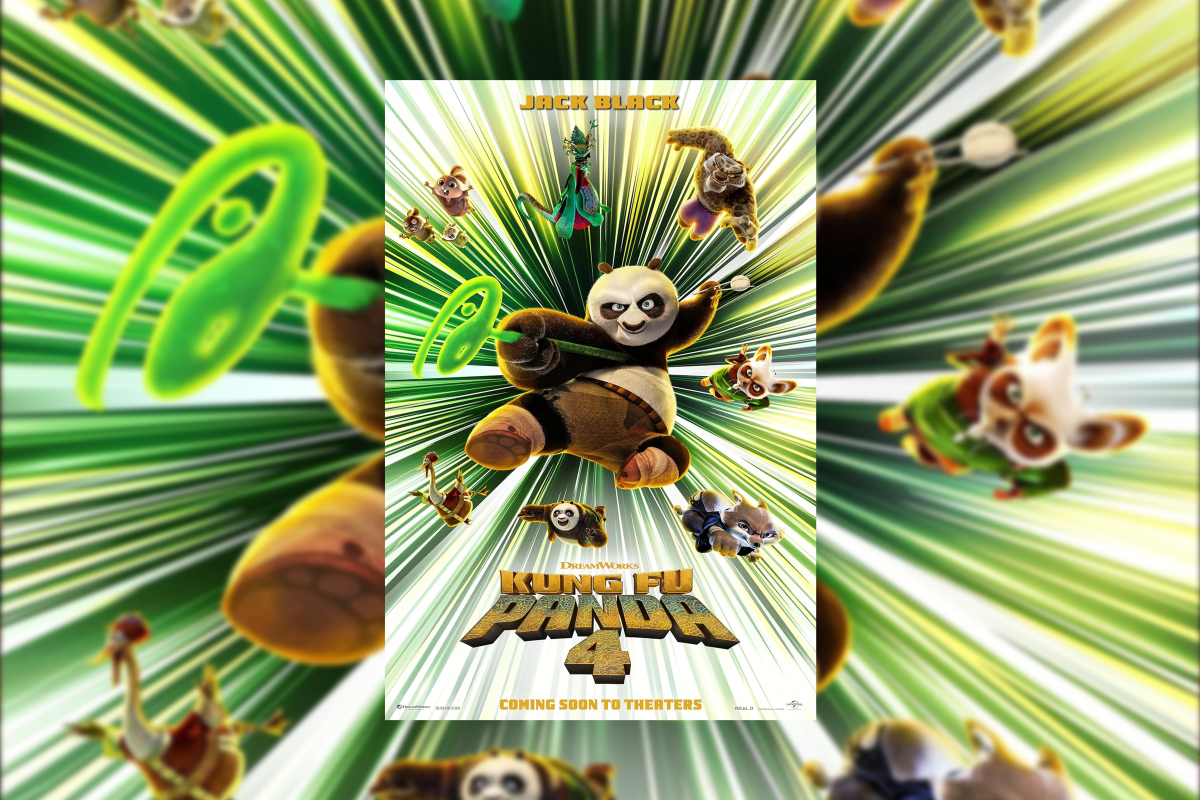On Friday, Oct. 5, Netflix released the second season of the wildly hilarious animated series “Big Mouth.” Created by comedy writers Nick Kroll, Andrew Goldberg, Jennifer Flackett, and Mark Levin, the show first premiered last year to rave reviews. The vibrantly colorful animation follows two tweens Nick and Andrew, named after the creators, as they enter the throes of puberty.
The first season saw Andrew, who is much more developed than his best friend Nick and the rest of their seventh-grade class, as the center of attention – particularly in the pilot episode, “Ejaculation.” In that seminal episode, viewers were introduced to the all-important Hormone Monsters and Monstresses that begin to take over the lives of pubescent Andrew and Jessi, the show’s main female characters.
Meanwhile, Nick, who is noticeably still pre-pubescent, impatiently awaits his Hormone Monster’s arrival, a struggle that continues into the next season. The show tackled the taboo head-on. From masturbation to menstruation, the writers refused to shy away, which is why the moments of cringe comedy were just so perfectly pubescent.
Season two is just as witty, but a tad less cringe-worthy as Andrew, Nick, and Jessi learn how to better handle their Hormone Monsters and how to battle this season’s antagonist, the Shame Wizard. The first episode “Am I Normal?” reveals the main point of the season, as the characters experience traumatic familial, social, and sexual events as they continue to come of age. The Shame Wizard seeks to make all the kids feel bad about themselves, whether it be their sexuality or their bodies. The characters must either fight or succumb to his pressure. Especially relevant and hysterical this season is Jessi’s battle with the Depression Kitty in the finale, “The Department of Puberty,” and Nick and Jessi’s experimentation with marijuana in “Drug Buddies.” Both of these episodes take a look at serious issues, particularly for today’s teenagers, with refreshing humor and optimism.
This is much needed in a time when heavier and more graphic series, like Netflix’s own “Thirteen Reasons Why,” seem to have cornered the entertainment market on childhood traumas.
Impressively, Big Mouth takes it one step further this season as a satirical parody of the flawed American sexual education program and makes assertive political statements, such as those in the episode “The Planned Parenthood Show.” The entire episode explains what services Planned Parenthood provides outside of abortion services, through short skits. The best of said skits is a parody of “The Bachelorette” in which Nick’s older sister chooses what type of birth control method to use. This season also starts a dialogue about slut-shaming in the episode “Dark Side of the Boob,” and also dives deeper into what it means to be a man in “Guy Town.”
This season proves that “Big Mouth” can find universality among anyone whose navigation of the American public education system wasn’t an easy one, and that it can hit the mark on topics bigger than just puberty.
All in all, anyone with a Netflix subscription should be eagerly awaiting season three of “Big Mouth.” Its smart and subversive takes on middle school adolescence represent experiences that many viewers may have tried to repress but do so with honesty and humor.
For questions/comments about this story, email [email protected] or tweet @thewhitonline.
























































































































































!["Working with [Dr. Lynch] is always a learning experience for me. She is a treasure,” said Thomas. - Staff Writer / Kacie Scibilia](https://thewhitonline.com/wp-content/uploads/2025/04/choir-1-1200x694.jpg)








































